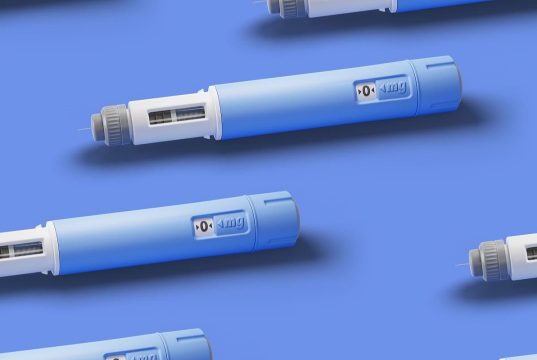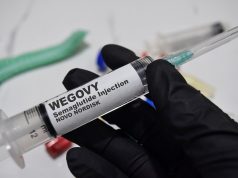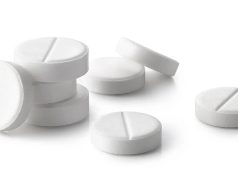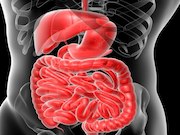Implantable Sensor Relays Real-Time Personal Health Info
Hydrogel scaffolds respond to concentration of analytes in the blood, including oxygen, CO2, glucose
Dipeptidyl Peptidase-4 Inhibitors in T2DM Linked to IBD
Higher risk of inflammatory bowel disease with longer use of dipeptidyl peptidase-4 inhibitor
Unique Risks Associated With Texting Medical Orders
Institute of Safe Medication Practices indicates risks such as abbreviations, autocorrection
Calorie Restriction Linked to Sustained Metabolic Adaptation
Energy expenditure lower than expected on the basis of weight loss in the calorie restriction group
Cryoablation of Posterior Vagal Trunk Feasible in Obesity
Technical success rate 100 percent in 10 subjects; no procedure-related complications, adverse events
Blueprint Being Developed to Address Physician Burnout
As part of blueprint, task force developing strategies that can be adopted by any institution/practice
Oxyntomodulin Augments Glucose Homeostasis
OXM effects seen in obese patients with and without T2DM; comparable effects to liraglutide in T2DM
Sweetened Drinks Linked to Increased Risk of Mortality
Risk of CVD-related, CHD-related, all-cause mortality up for highest versus lowest quartile of intake
ENDO: Drug Shows Promise As Effective Male Birth Control
Dimethandrolone undecanoate lowers testosterone; well tolerated, mild effects of weight gain, lower HDL
ENDO: Low Sperm Count Tied to Worse Cardiometabolic Health
Low sperm counts linked to hypogonadism, higher BMI, hypertension, dyslipidemia, metabolic syndrome



















